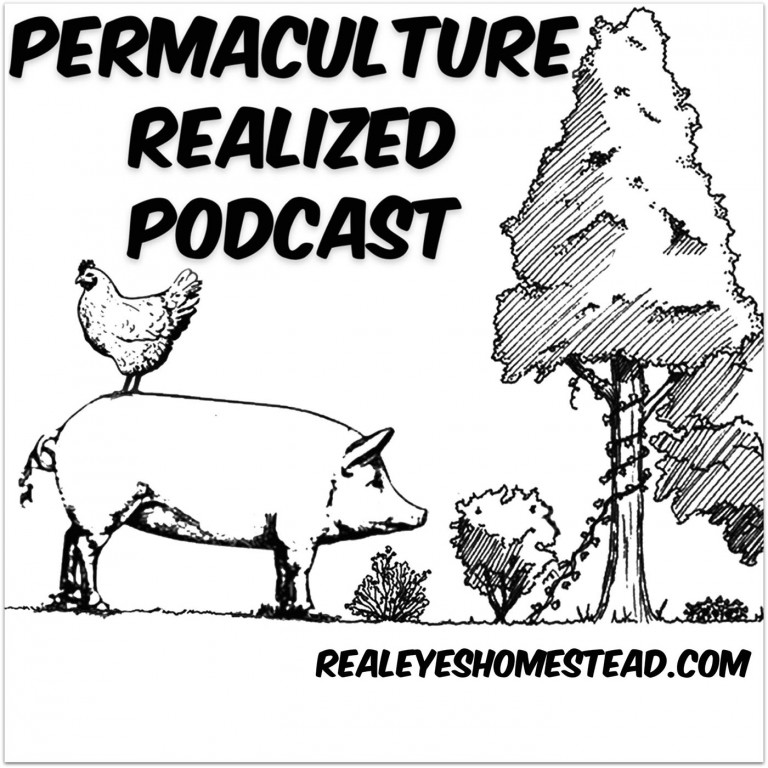Are you suffering from digestive conditions like irritable bowel syndrome, acid reflux, chronic constipation or diarrhea? Is your immune system over reactive resulting in autoimmune problems, eczema, allergies or food sensitivities to name a few? If so, fermented foods might be exactly what your body needs to feel healthy again.

Fermented foods are loaded with beneficial microbes (bacteria and yeast) that make up our gut flora. Maintaining this population in healthy balance is critical to our health, not only for proper digestion, but also for immune health, detoxification, and many other important bodily functions.
To put things into perspective the gut flora (variety of microbes) that lives in the human digestive system outnumbers the cells in our body by 10 to 1. The average probiotic (bacterial supplement) contains 12-50 billion bacteria per serving, but properly fermented foods can contain trillions of microbes per teaspoon. The equivalent of an entire bottle of probiotics!
Two Facts about Supplementing Gut Flora
- Most manufactured probiotics (bottled bacteria) do not survive transit through stomach acid because they lack natural protection present in fermented foods.
- Our gut houses 30 trillion microbes including bacteria, yeast and parasites, so the consumption of more than a few billion is required to make any significant changes. This is more easily achieved with more potent fermented foods rather than with probiotic supplements.
Five Benefits of Fermented Foods and Healthy Microbes
- Many diseases, including autoimmune conditions, arthritis, irritable bowel syndrome, inflammatory bowel disease as well as others have been associated with an imbalance of gut flora (dysbiosis). Eating fermented foods is the best strategy to reestablish a healthy balance of gut flora, which helps to contain, crowd out, and fight off pathogenic invasions.
- Microbes are also important for detoxification, as they attack, quarantine and neutralize toxins from our food, environment, and pathogenic organisms.
- The microorganisms in fermented foods help us make and absorb vitamins and nutrients, especially the fat-soluble vitamins A,D,E, and K.
- Friendly microbes protect the integrity of our intestinal walls, which is essential for a balanced immune system, as 80% of our immune system resides in the gut.
- Fermented foods are packed with enzymes, help to balance pH, and increase/improve bowel transit time.
Supplements Versus Fermented Foods
Taking probiotic supplements is great, but as you have learned, the benefits of fermented foods are even better. Fermented foods save money as they are more potent – just one teaspoon of fermented foods can contain trillions of microbes, the equivalent to an entire bottle of probiotics.
Fermented foods are also fairly inexpensive to make at home. All you need are organic vegetables, filtered water, unrefined sea salt, and proper air tight containers. The containers are very important and are the biggest investment, but it is a onetime purchase, and it is well worth it!
History of Fermented Foods
There has been a lot of interest lately on Paleolithic diets, but one thing that many people seem to miss is that archeological evidence shows that lacto-fermented foods have been part of our diet since 1.5 million years B.C.! The “lacto” in “lacto-fermentation”, comes from “lactobacillus” a species of microbe. Lacto-fermented foods have been around since prehistoric times and were consumed by early humanoids before fire was tamed and pottery was invented! Homo sapiens did not appear until 200,000 years B.C. Just from this information alone, we can conclude what an important part of our diet beneficial microbes are, as we have evolved to eat them on a daily basis. Going back to our foundations and feeding ourselves with our symbiotic friends like we have been since prehistoric times can help us effectively treat and prevent many common ailments and diseases. We do not need to resort to pharmaceuticals or think that this is just the way we are. The benefits of fermented foods are a natural way to achieve a healthy gut and support the immune system.
How to properly Ferment Foods
For those with sensitive or over reactive immune systems, the use of a proper airtight container is necessary to avoid mold development. The container not only needs to be free of oxygen but also needs to be able to allow the release of carbon dioxide, a byproduct of the microbes. This can be done with the use of an air lock. A good option is using a “pickle pipe” (by Masontops) and a mason jar. Burping an airtight container is a common method but this allows oxygen to flow into the container.




